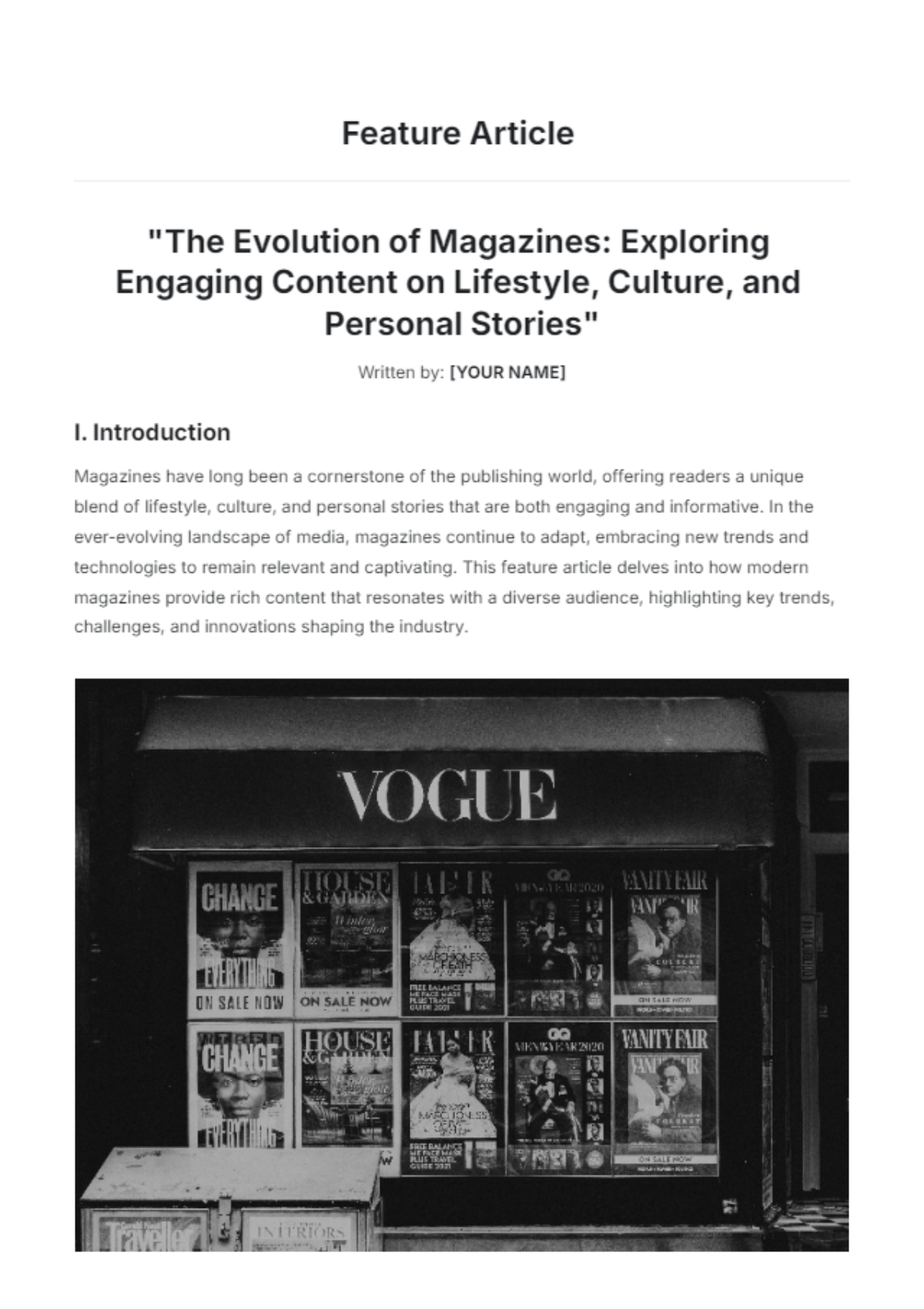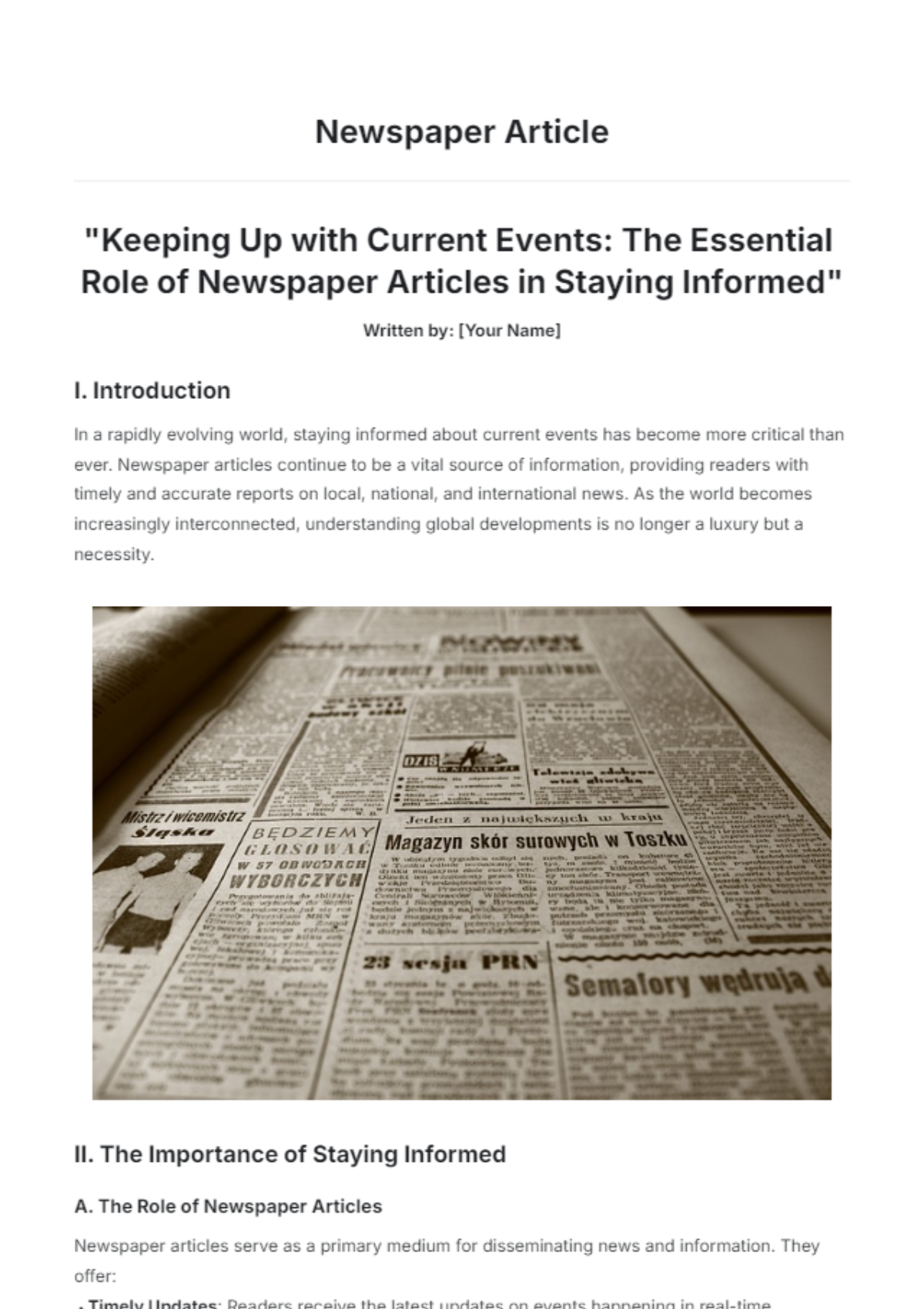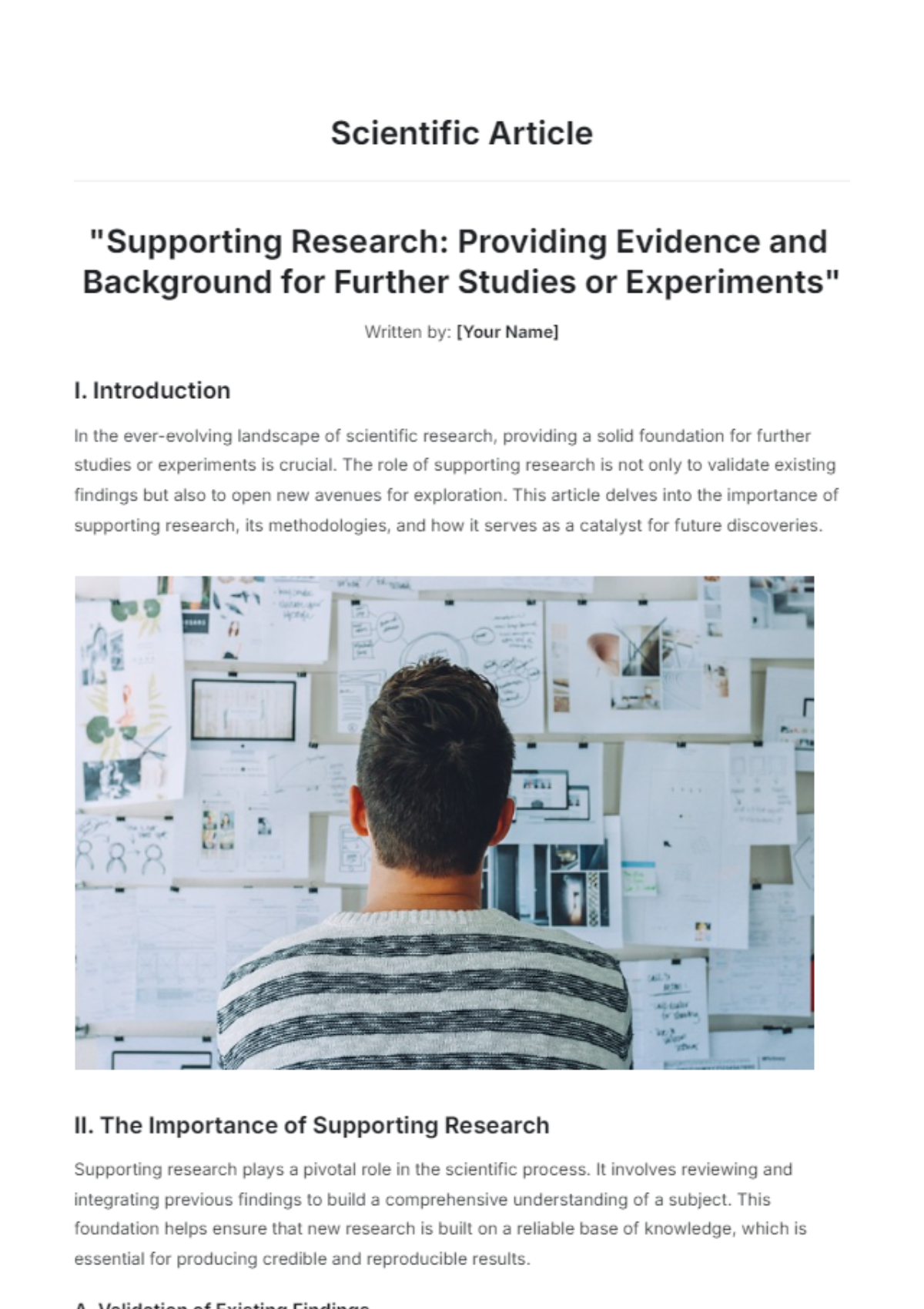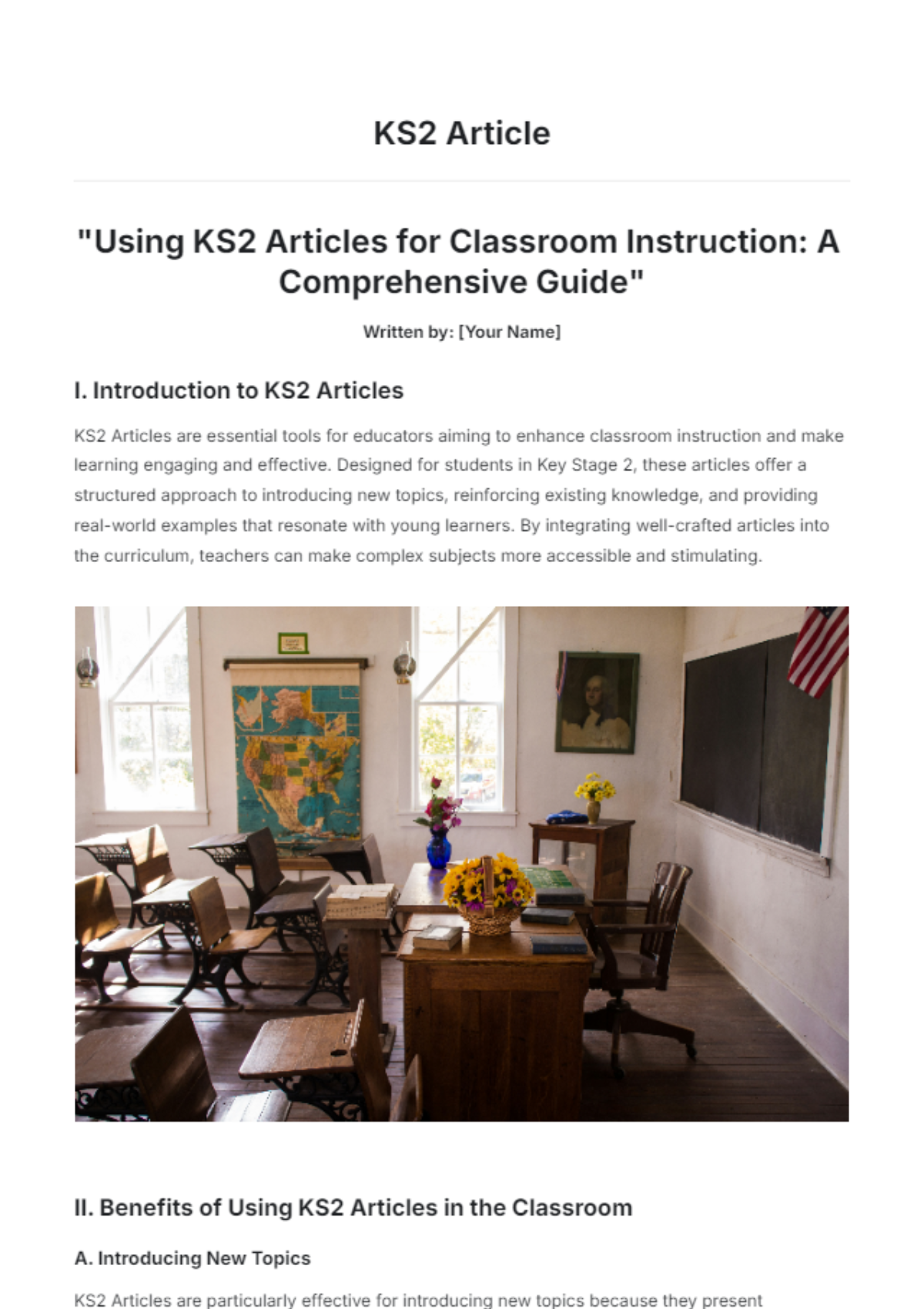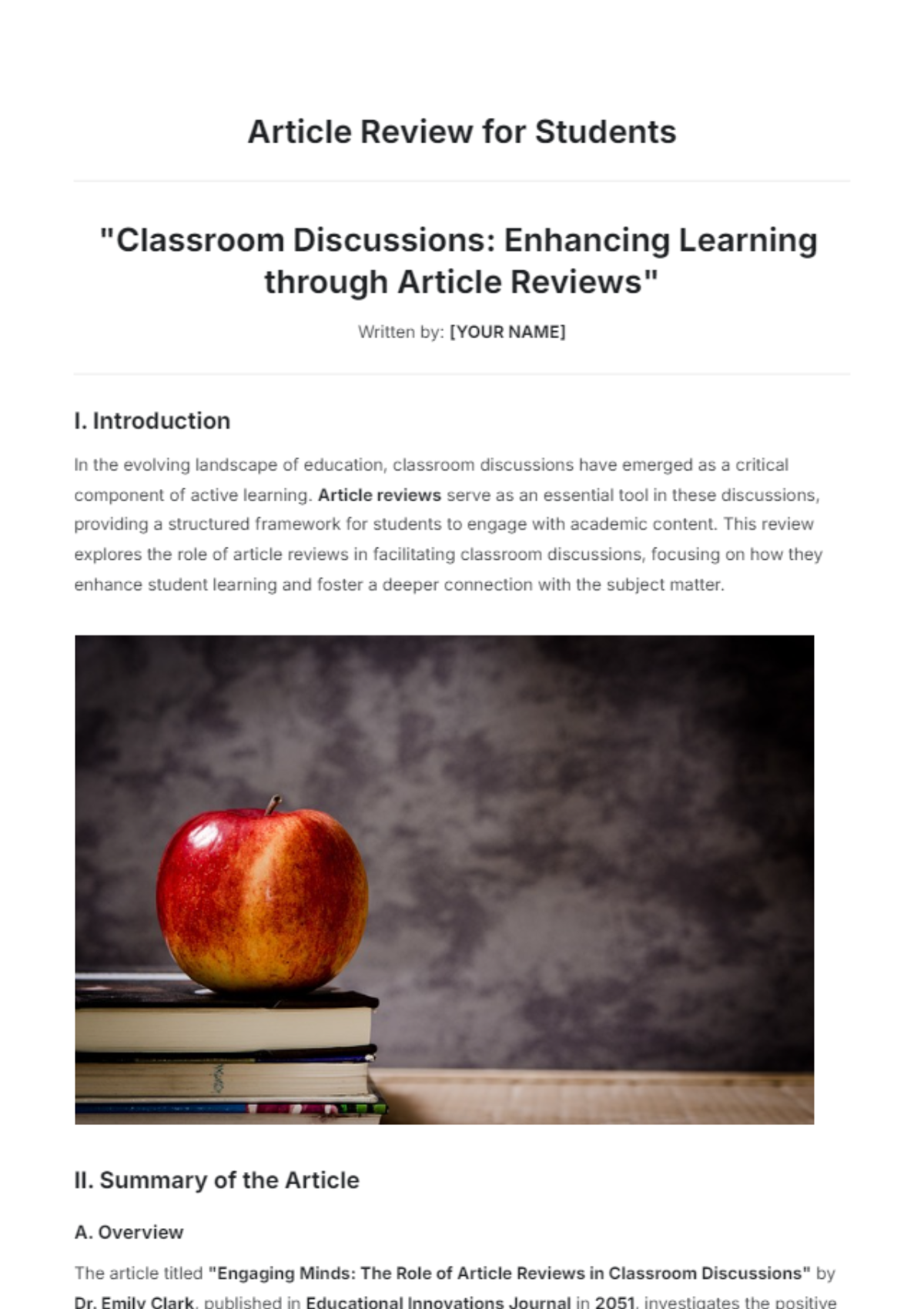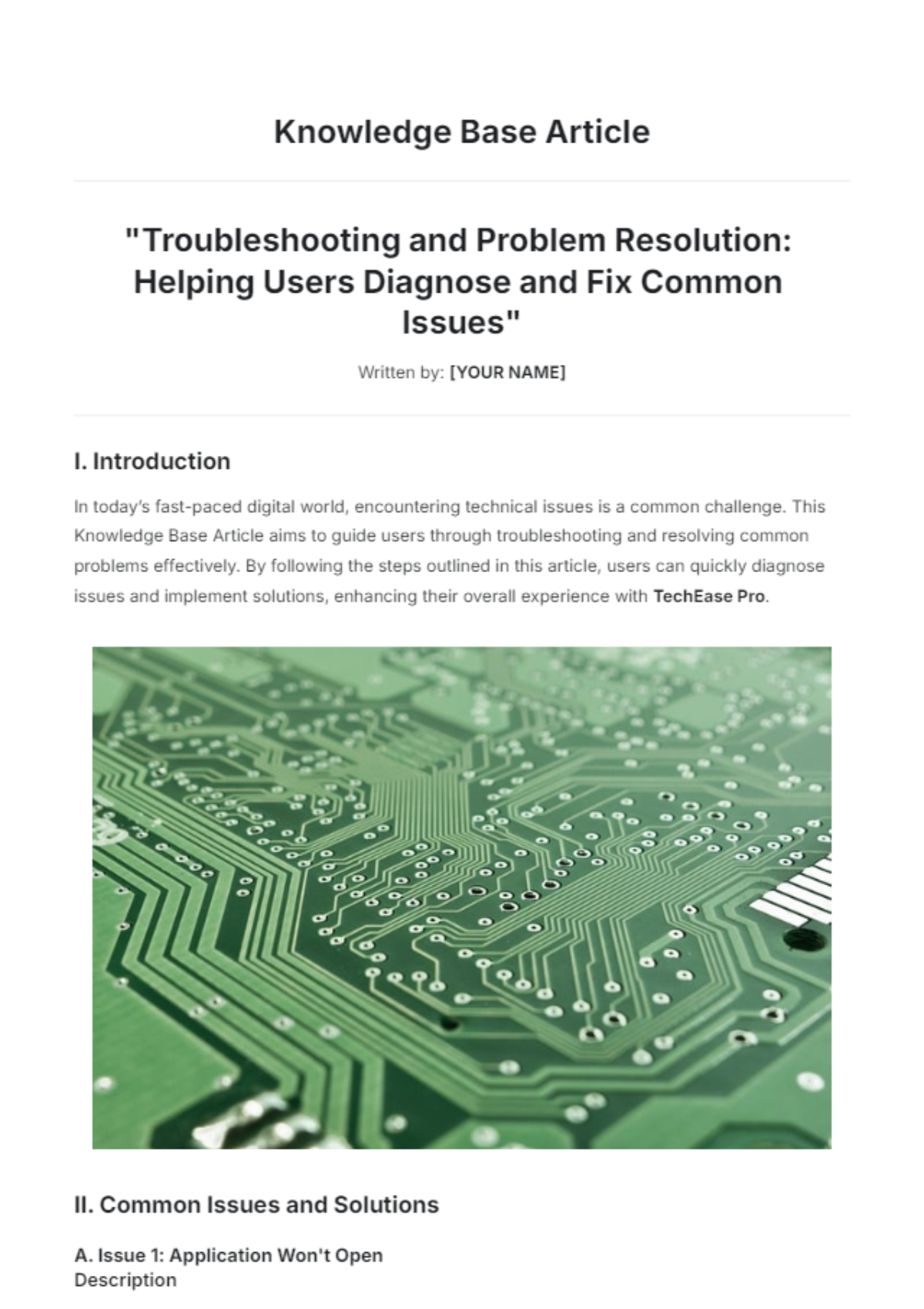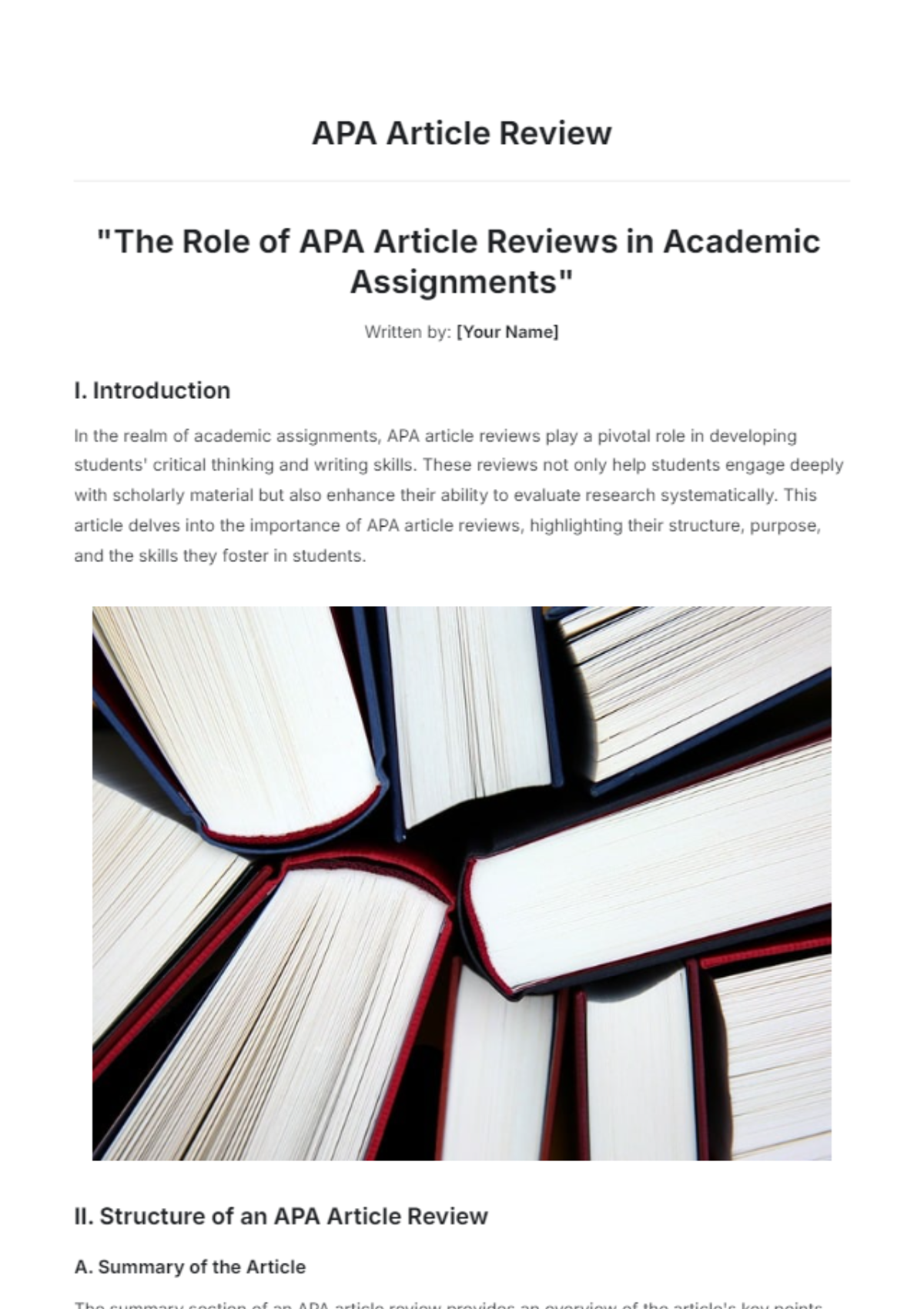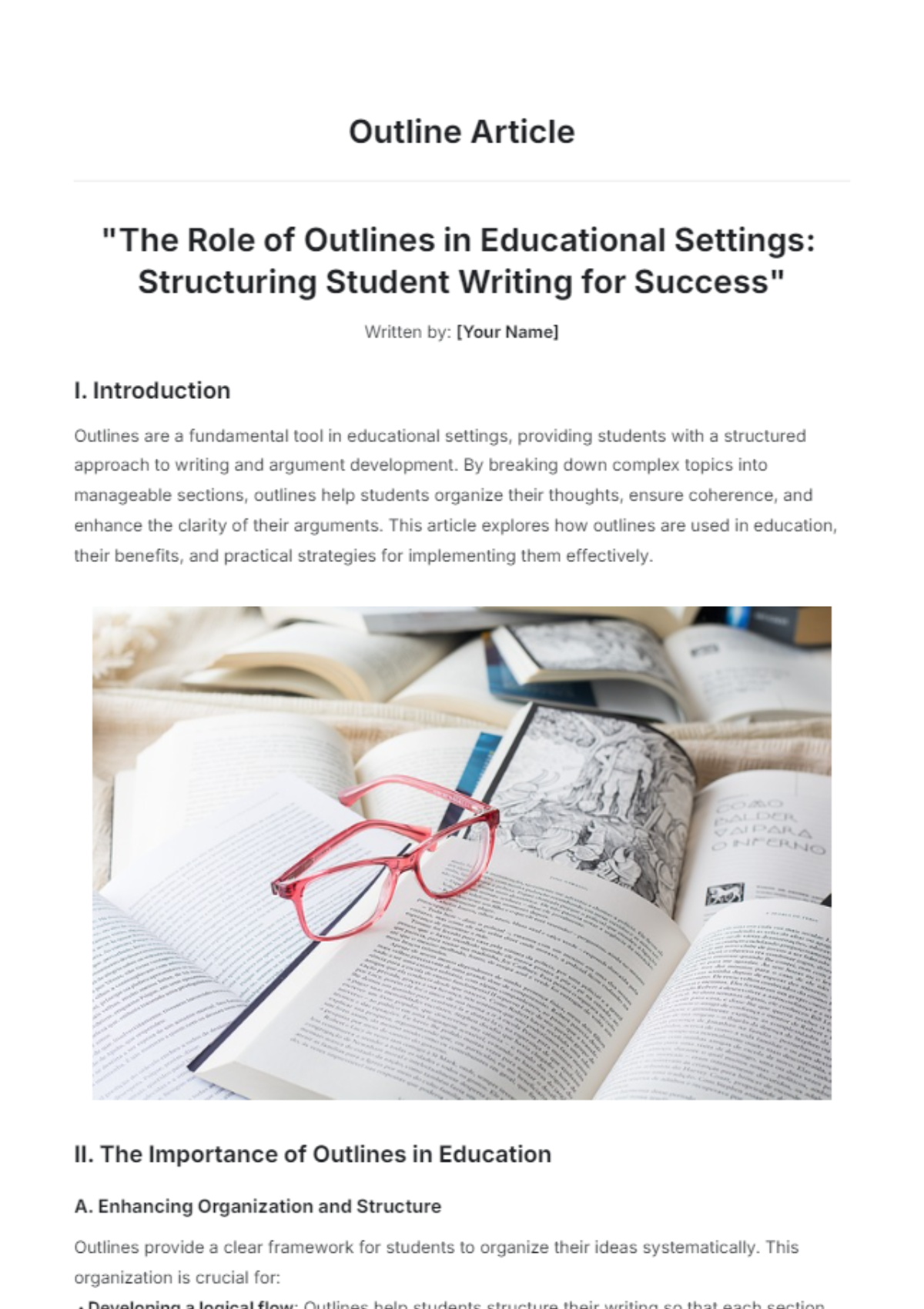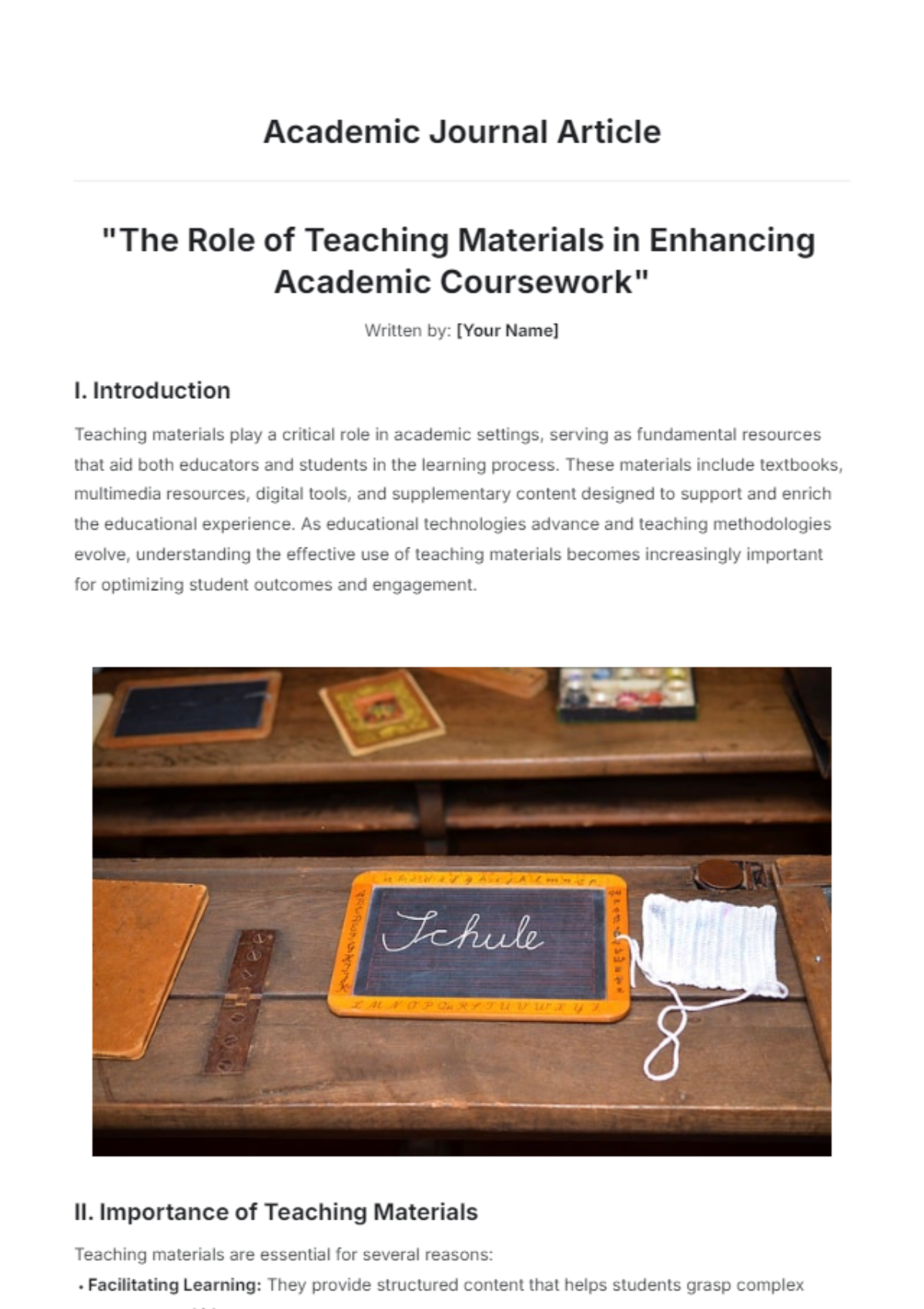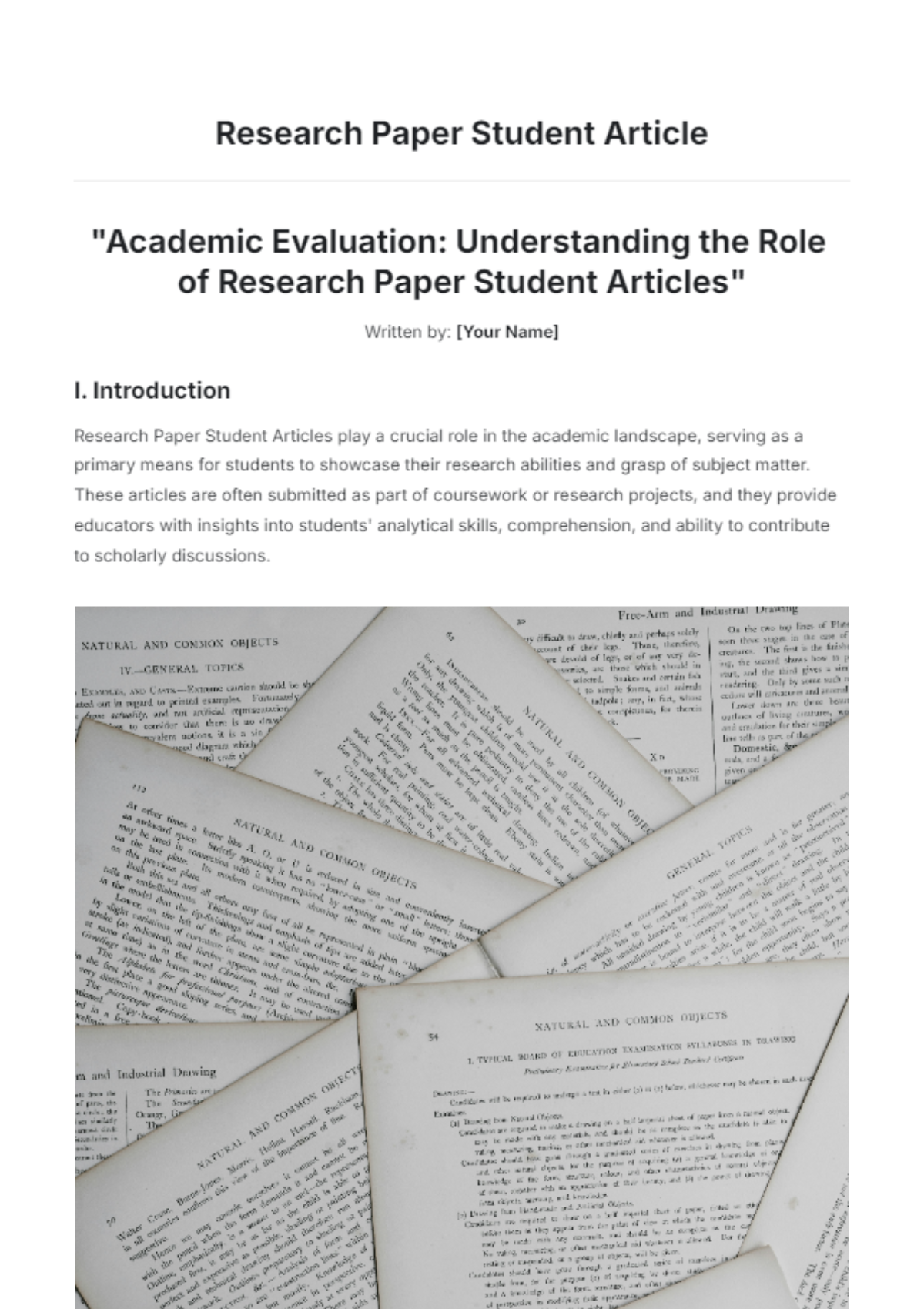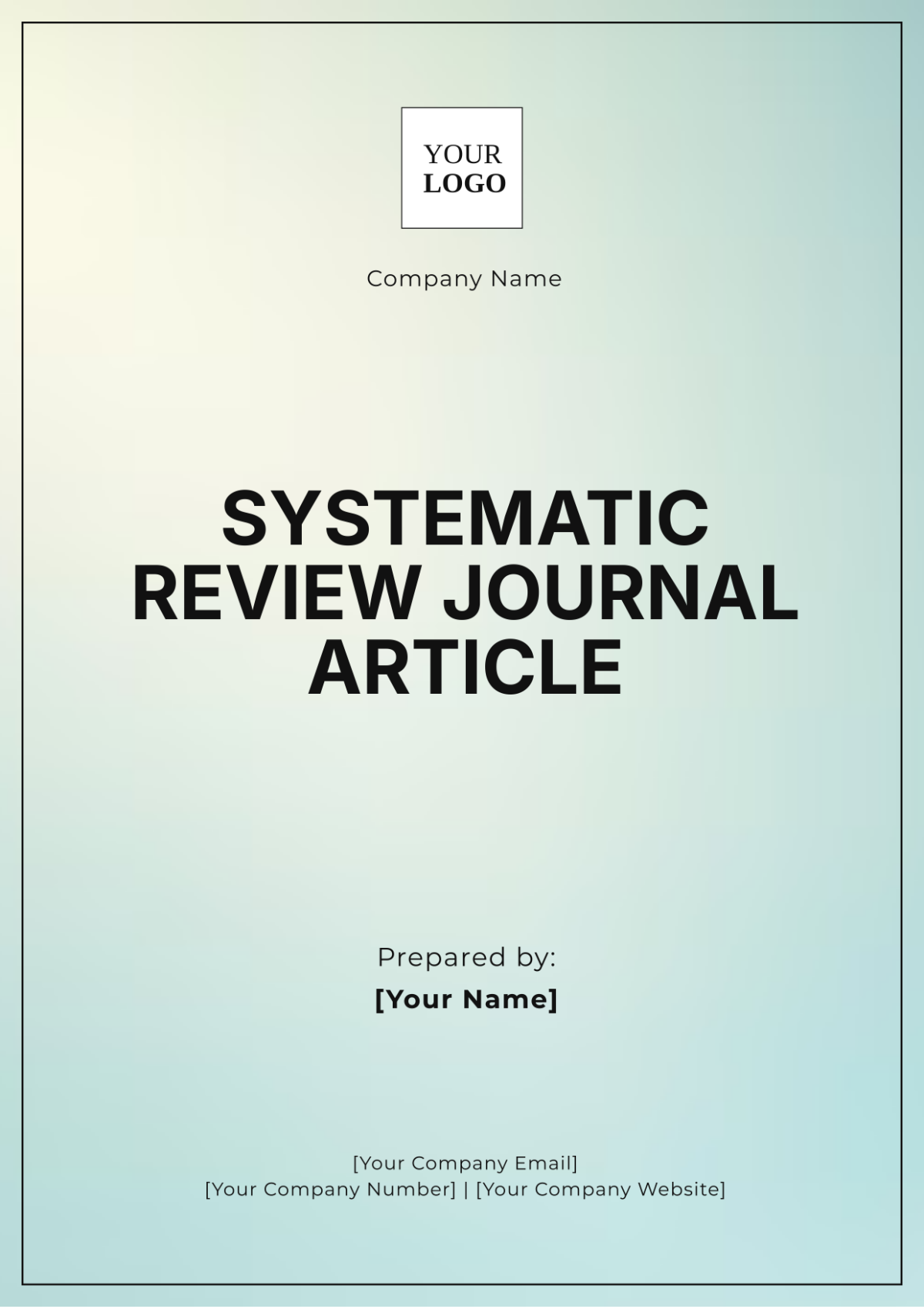Article Summary On Customer Satisfaction
Introduction:
In this section, the [AUTHOR'S NAME] introduces the importance of customer satisfaction in driving business success for [YOUR COMPANY NAME]. Customer satisfaction is a crucial metric that reflects the extent to which customers are pleased with the products or services offered by a company. [AUTHOR'S NAME] emphasizes that satisfied customers are more likely to become repeat customers, provide positive word-of-mouth referrals, and contribute to the overall growth and profitability of [YOUR COMPANY NAME]. The introduction also highlights the significance of understanding customer needs and expectations in delivering exceptional experiences that foster loyalty and long-term relationships.
Importance of Customer Satisfaction:
A. Enhances Customer Loyalty
Customer satisfaction plays a pivotal role in fostering customer loyalty. Satisfied customers are more likely to remain loyal to [YOUR COMPANY NAME] and continue purchasing its products or services over time. By consistently meeting or exceeding customer expectations, [YOUR COMPANY NAME] can build strong relationships with its customer base, leading to increased customer retention rates and reduced customer churn. Moreover, loyal customers are often advocates for the brand, promoting it to friends, family, and colleagues, thereby contributing to organic growth and expanding the customer base.
B. Drives Business Growth
High levels of customer satisfaction directly correlate with business growth and profitability. Satisfied customers are not only more likely to make repeat purchases but also tend to spend more on additional products or services offered by [YOUR COMPANY NAME]. Furthermore, satisfied customers are less price-sensitive and more willing to pay premium prices for superior quality or service. As a result, [YOUR COMPANY NAME] can achieve sustainable growth by focusing on enhancing customer satisfaction levels and delivering exceptional value to its customers. Additionally, satisfied customers are more forgiving of occasional service failures and are more likely to give [YOUR COMPANY NAME] the opportunity to rectify any issues, thus preserving customer relationships and maintaining a positive brand reputation.
Strategies for Improving Customer Satisfaction:
Personalized Customer Service
Providing personalized customer service tailored to individual needs and preferences can significantly enhance customer satisfaction. [YOUR COMPANY NAME] can leverage customer data and analytics to gain insights into customer behavior, preferences, and purchase history, enabling personalized interactions and recommendations. By demonstrating a deep understanding of each customer's unique requirements, [YOUR COMPANY NAME] can create memorable experiences that exceed expectations and foster long-term loyalty.
Measuring Customer Satisfaction:
Net Promoter Score (NPS)
The Net Promoter Score (NPS) is a widely used metric for measuring customer satisfaction and loyalty. [AUTHOR'S NAME] explains that NPS is based on the simple question: "How likely are you to recommend [YOUR COMPANY NAME] to a friend or colleague?" Customers are then categorized into promoters (those who are highly likely to recommend), passives (those who are neutral), and detractors (those who are unlikely to recommend). By calculating the NPS score, [YOUR COMPANY NAME] can gauge overall customer sentiment and identify areas for improvement to enhance customer satisfaction and loyalty.
Building Customer Relationships:
Personalized Communication
Building strong customer relationships requires [YOUR COMPANY NAME] to engage with customers in a personalized and meaningful way. [AUTHOR'S NAME] suggests leveraging customer data to tailor communication and marketing efforts to individual preferences and interests. By sending personalized messages, offers, and recommendations, [YOUR COMPANY NAME] can demonstrate its commitment to understanding and meeting the unique needs of each customer, thereby strengthening relationships and fostering loyalty.
Implementing Customer Feedback:
Actionable Insights
Collecting customer feedback is only valuable if [YOUR COMPANY NAME] takes action based on the insights gained. [AUTHOR'S NAME] emphasizes the importance of analyzing customer feedback promptly and identifying actionable insights that can drive meaningful improvements in products, services, and processes. By translating customer feedback into actionable initiatives, [YOUR COMPANY NAME] can demonstrate its commitment to customer satisfaction and continuously enhance the customer experience.
Conclusion:
In conclusion, [AUTHOR'S NAME] underscores the critical role of customer satisfaction in driving business success for [YOUR COMPANY NAME]. By prioritizing customer needs, delivering exceptional experiences, and continuously seeking feedback and improvement, [YOUR COMPANY NAME] can build strong customer relationships, foster loyalty, and differentiate itself in the competitive marketplace. Investing in customer satisfaction is not only essential for short-term success but also lays the foundation for long-term growth and sustainability.





